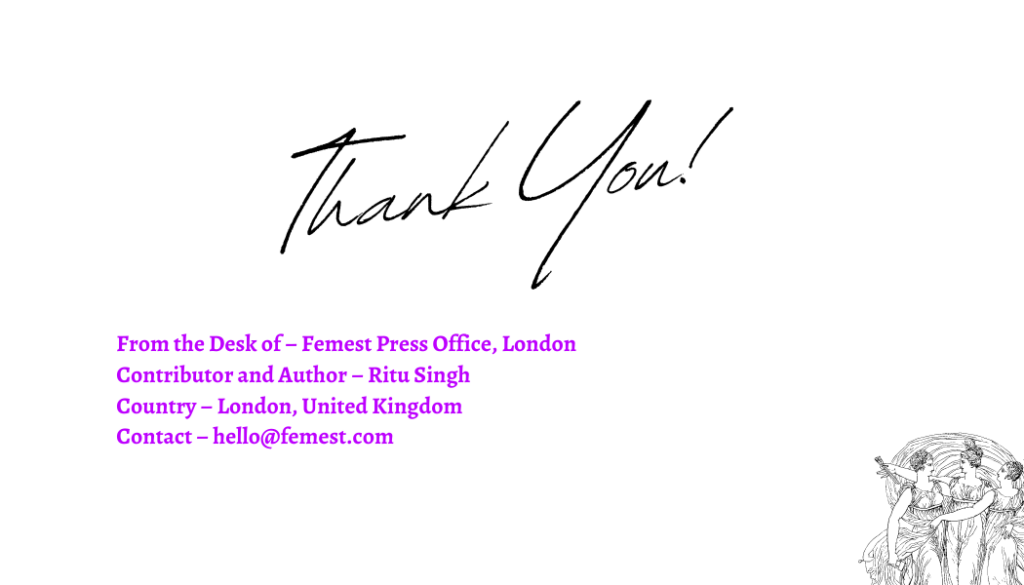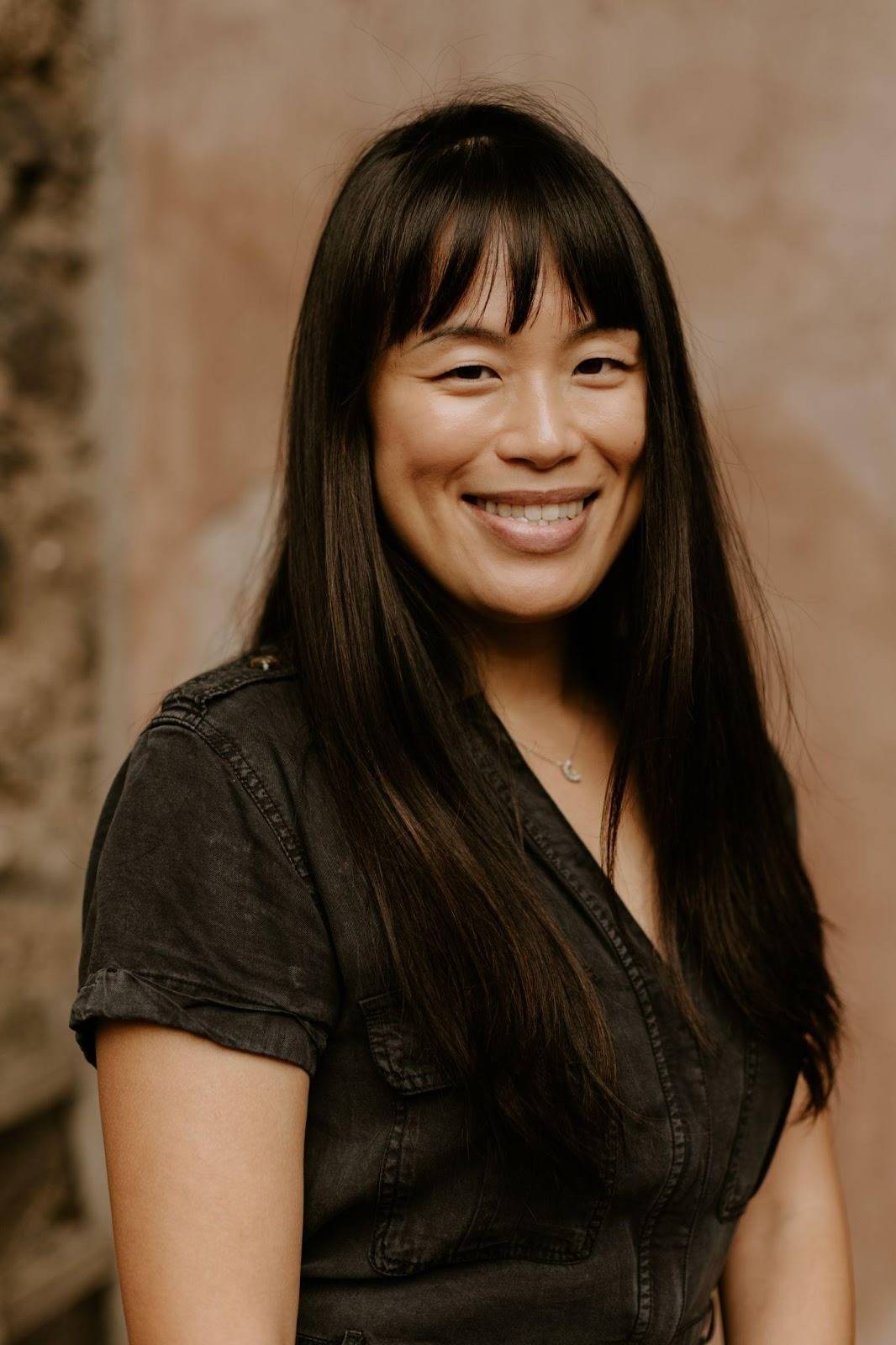Jasmine’s path changed the day she realised music could be a real career. From a first-generation immigrant expected to choose a “safe job” to someone who built her place through risk, hard work, and honesty, her story shows how courage can rewrite a life.
She found her purpose again and now helps artists feel supported, understood, and confident.
Jasmine, can you share how your career path started and what inspired you to work in the music and Business management industry?
After college, I planned to take a year off before med school, so I moved to South Beach to live my best twenty-something life. That’s where everything changed. I picked up a part-time artist relations gig at a club, and it was the first time I realised people actually build real careers in music. As a first-generation Chinese immigrant child, my mom drilled into me that my career options were doctor, accountant, or lawyer. Music wasn’t even on the list. But once I saw this world up close, that was it. I never looked back.
I eventually moved to LA because that’s where the music industry was, and the sunshine didn’t hurt. In the beginning, I said yes to anything that gave me even a pinky toe in the door. Unpaid internships, personal assistance, bookkeeping, artist relations, all of it. Saying yes to everything gave me a full view of how the industry works from every angle and built the foundation for what came next.
A big turning point was working at SPIN Artist Agency, which at the time booked Avicii. Being that close to dance music during such a huge moment was unforgettable. The pace was fast and intense, but it taught me how to stay steady in high-pressure situations. It’s also where I met Daniel Berrocal, the founder of ICONAC.
After a while, though, the work stopped fulfilling me. I ignored it at first, but eventually I had to be honest with myself. I stepped away and tried my hand at the corporate world in banking and venture capital. I learned a lot, but it still didn’t feel like home.
When ICONAC started expanding, I joined the team, and it felt like coming home with a clearer purpose. I still get to support artists and watch them grow, but now I help build the financial foundations that keep their careers sustainable long term. Every twist in my path ended up leading me exactly where I’m supposed to be.
What was a challenge early in your career that taught you an important lesson about leadership or teamwork?
There’s a big difference between a boss and a leader. The boss demands teamwork. A leader inspires it. Early in my career, I worked under someone who operated in full boss mode. Tasks felt like orders, with no room for input. I did the work, but I never felt valued.
Later, I worked with someone who led very differently. They asked for things kindly, trusted me to handle them, and actually thanked me. I remember being almost confused the first time they did it. That small moment stuck with me. It showed me how powerful it is when people feel heard and supported.
Now I try to lead from that place. I want people to feel seen and supported. At the end of the day, a company is only as strong as the team behind it.
How do you stay organised and motivated while handling multiple responsibilities across operations, finance, and client relations?
For me, it starts with writing things down. I’m a little old school and still keep a notebook. Jotting things down keeps me focused, and honestly, nothing beats crossing something off. It keeps me motivated and gives me a real sense of momentum, even on the busiest days.
But I’m not living in the 18th century. For bigger projects, I use Asana. It keeps everything structured, so nothing slips through the cracks and saves my notebook from turning into a brick. Between the two, I stay organised, clear on priorities, and able to move through a lot without feeling overwhelmed.
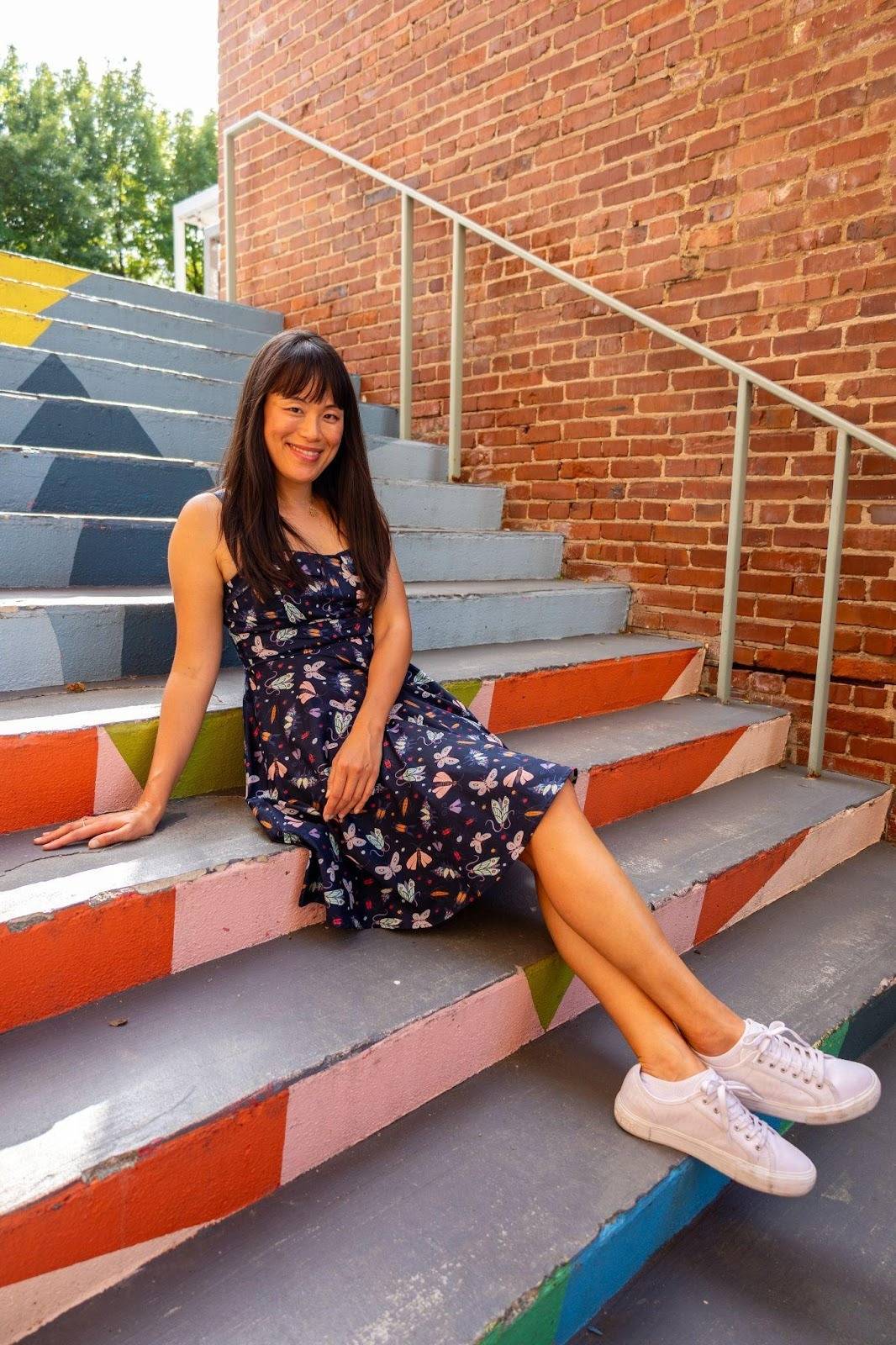
Can you describe a situation where you took a risk or made a tough decision, and what you learned from it?
The most significant risk I ever took was walking away from the music industry after spending more than a decade in it. I always thought that was where I’d build my entire career. But after a while, it stopped fulfilling me, and I kept trying to push through it until it became impossible to ignore. I had to be honest with myself about whether I was staying because I loved the work or because I was scared of the unknown.
Leaving was hard, but it taught me something important. Sometimes the real risk is staying somewhere that no longer fits you. Trusting myself, even when I didn’t have all the answers, led to the right opportunities. That path is what eventually led me to ICONAC. I wouldn’t be here if I hadn’t taken that step forward.
How do you ensure that the artists you work with feel supported and empowered in their creative journey?
For me, supporting artists starts with consistency. I want them to feel like my team, and I are in their corner, and that they can count on us to keep the business side steady. I pay close attention to how each artist works, what stresses them out, and what actually helps them thrive.
Some need clarity. Some need structure. Some need someone who can translate the financial side into something that makes sense for them. When artists feel supported and nothing on the business end is confusing or chaotic, they’re able to be their most creative selves.
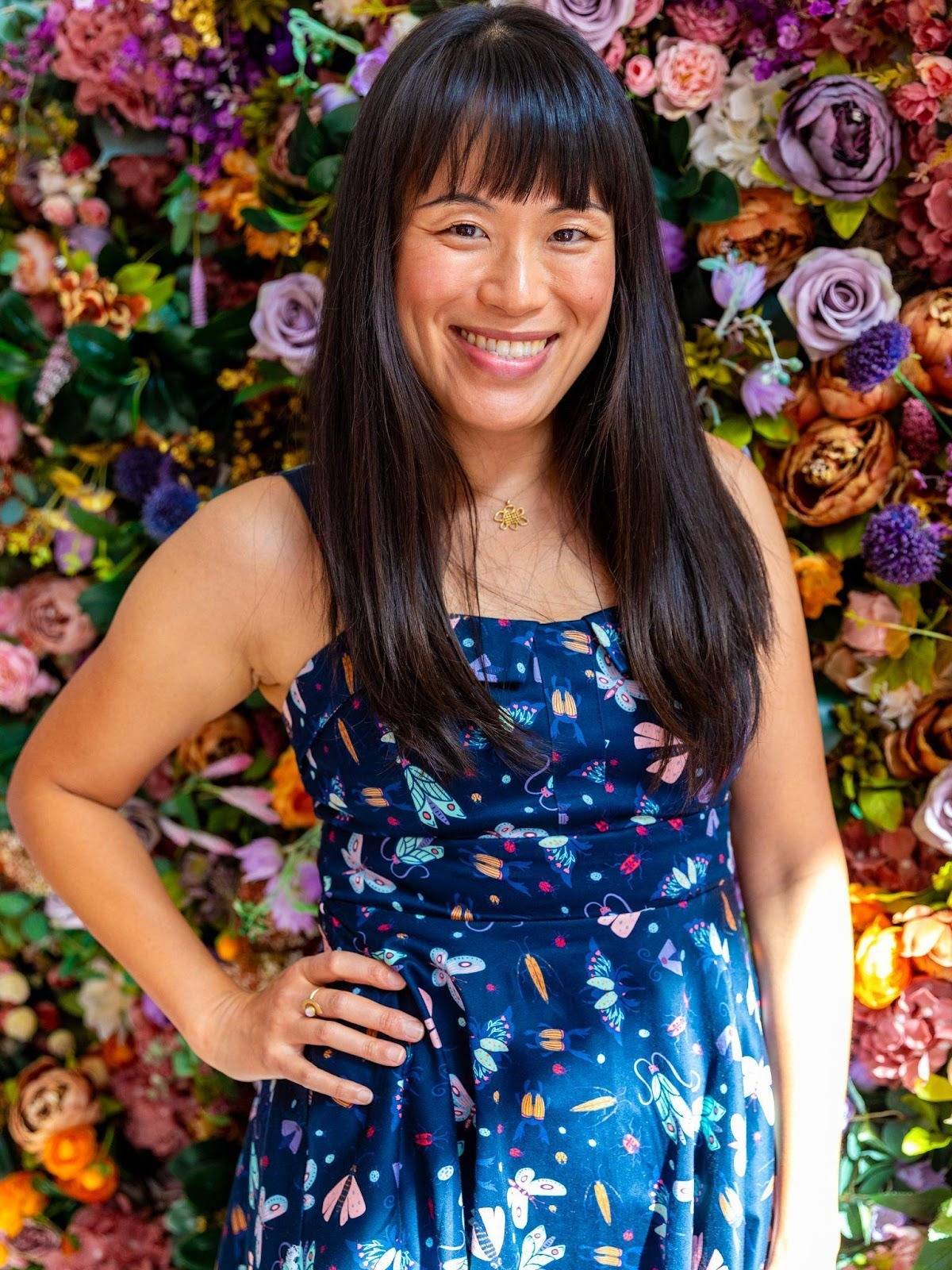
Which personal qualities or habits have helped you make difficult decisions under pressure?
A big part of making tough decisions under pressure has been learning to separate noise from what actually matters. I check in with myself to make sure the choice I’m making is based on clear thinking, not emotion. I’ve learned to trust my instincts and my experience. If I’ve slowed down enough to understand the situation and I’m making the call with the best information I have, I can stand by it.
During high-pressure events or live shows, what techniques do you use to remain calm and guide your team?
Early in my career, doing artist relations, I ended up in plenty of high-pressure situations where I had to think fast. I learned pretty quickly that if people see panic on your face, they start to panic too, and things can unravel fast. So, in those moments, the first thing I do is keep my expression steady.
The DJ hasn’t shown u,p and they’re on in five minutes? Poker face. Fans jumping the barrier and rushing the stage? Poker face.
Staying calm, or at least looking calm, keeps everyone grounded. Even if I’m panicking on the inside and running through a dozen scenarios in my head, I try to project calmness. Then it’s to step two: finding the solution.
How did you develop expertise across so many areas, from finance to business management, and what helped you grow?
I developed it by putting in time and doing the work. There’s no shortcut. Every role I’ve had was a chance to learn something new. I needed all those different experiences to understand what each part of the business expected from me, identify skills I didn’t yet have, and keep strengthening the ones I already had.
The biggest growth came from taking on unfamiliar roles that pushed me out of my comfort zone. Those roles challenged me and shaped me the most. Over time, I realised that finance, operations, and client management are all connected.
Once that clicked, it stopped feeling like a mix of separate skills and started feeling like one bigger skill with different sides to it. Coming back into the music space through ICONAC brought everything together. It let me use everything I’d learned over the years in a way that finally made sense.
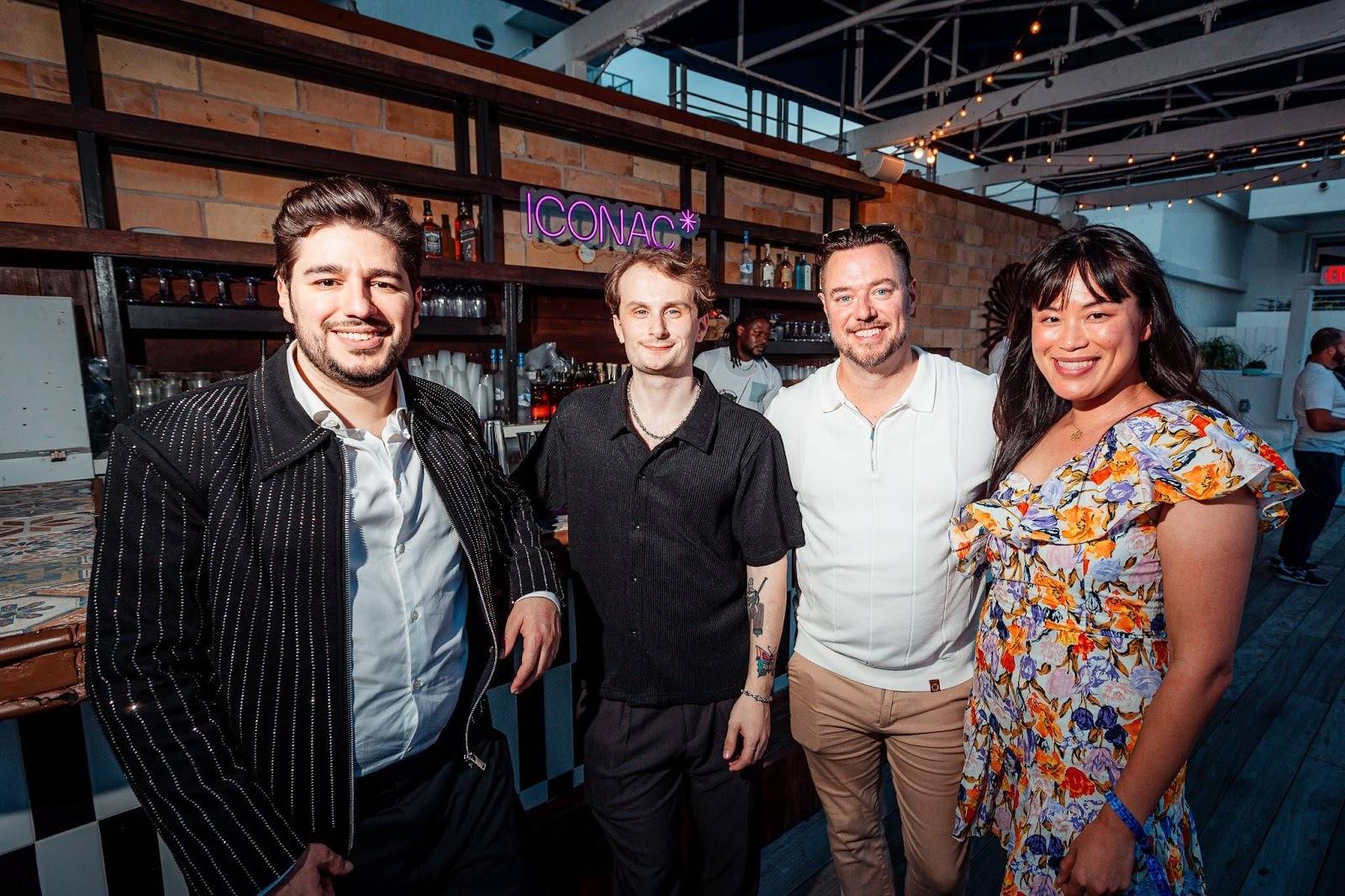
Can you share a story where your guidance directly contributed to an artist’s success or breakthrough?
As much as I’d like to be Buddha, handing out wisdom, I’m not quite that. I don’t have one big cinematic moment where my guidance changed someone’s life. But over the years, artists have come back to tell me that something I said influenced a decision they made or a direction they took.
I never notice it in the moment because I’m focused on being present and offering honest feedback. Most people don’t need a long pep talk. They mostly need to feel understood and backed by someone they trust.
In an industry often dominated by traditional methods, how do you and your team bring innovation and a fresh perspective?
We meet artists where they are. Literally, you’ll find my team and me backstage, at festivals, and on site at shows because that’s their office. Being there in real time changes everything. When you’re behind a computer, certain expenses or decisions can look questionable on paper.
But once you’re on the ground, watching the crew’s work and seeing the pressure artists are under, it all makes sense. The production manager’s request for 30 lasers stops looking like an unnecessary request and becomes the moment the artist has been planning for months. The tour manager spending $1,000 on Uber Eats isn’t wasteful. They’re feeding a crew that has been going since morning and won’t stop until after midnight.
Being physically present gives us context you can’t get from spreadsheets. It helps us understand the why behind decisions, which makes us better partners. We see what artists and their teams actually deal with, and we shape our support around their reality instead of asking them to adjust to ours.
That’s where the fresh perspective comes from. It’s about showing up, staying close, and using what we see on the ground to make better budgets, avoid surprises, and deliver support that actually fits the pace artists live at every day.
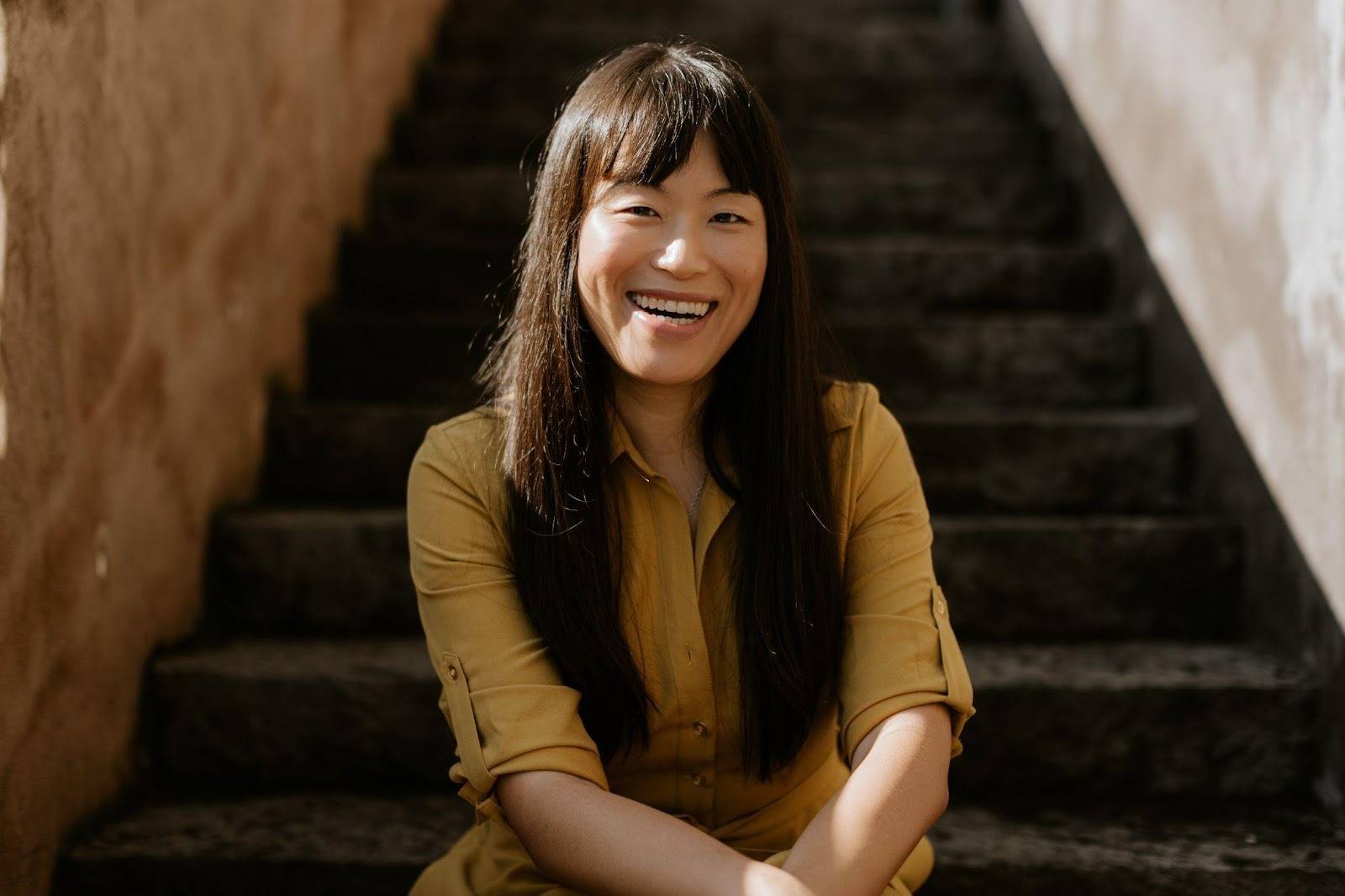
Was there a failure or setback that changed the way you approach challenges today?
Earlier in my career, I tried to do everything myself. It felt faster to take things on because I already knew how to do them, instead of slowing down to train someone else. The downside was that I carried the full workload while my team wasn’t growing with me, and things eventually slipped through the cracks.
That experience changed how I approach challenges. Now I loop in the right people early, share responsibility, and build systems that don’t rely on one person being the hero. Delegation is a core part of how I work. It has strengthened my team and made our work more consistent. When something challenging comes up, I focus on clarity, collaboration, and solving the problem together instead of powering through it alone.
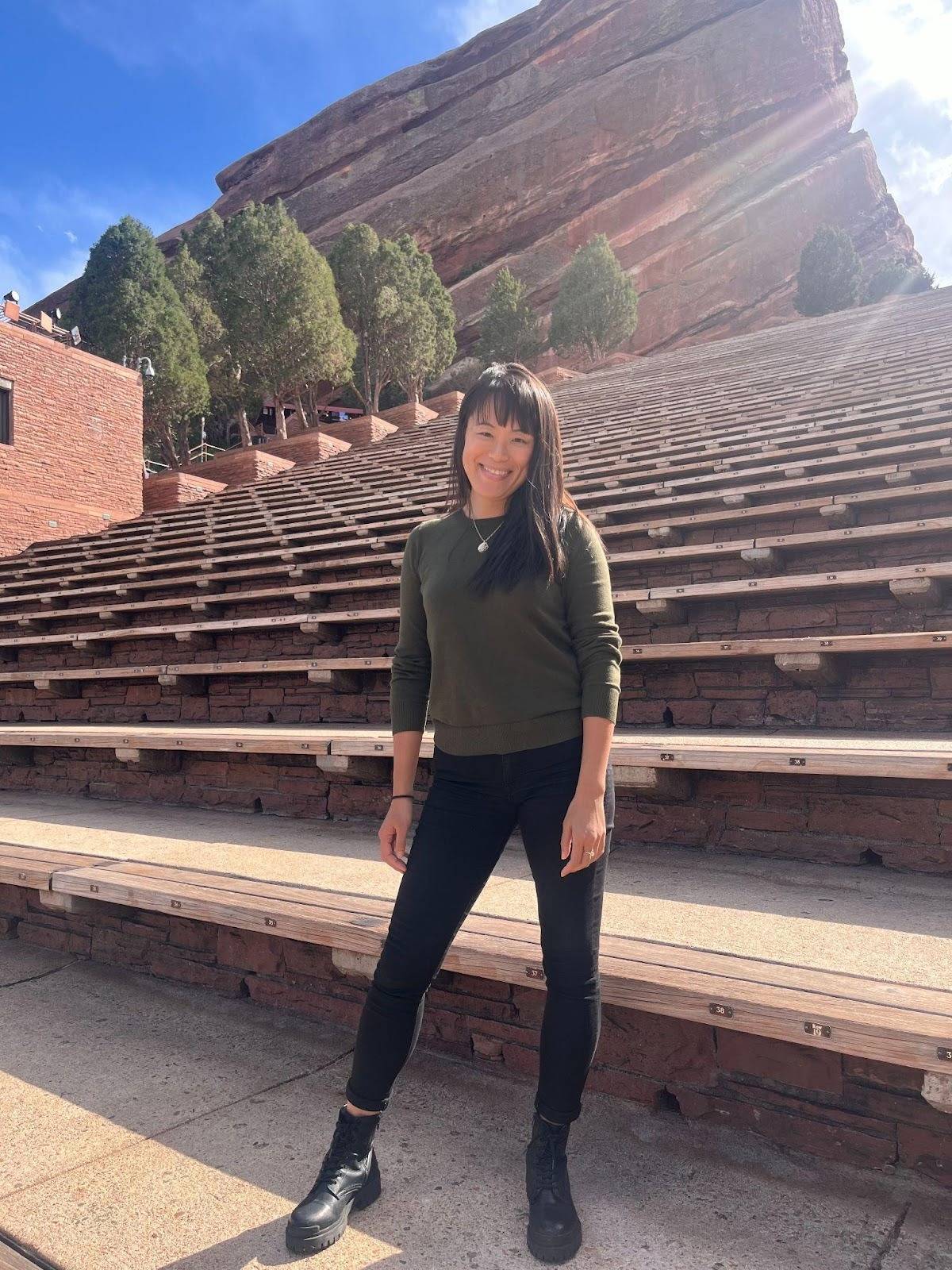
What are your goals for ICONAC in the coming years, and how do you see yourself shaping the future of Business management?
One of our biggest goals at ICONAC is to make financial literacy a normal part of an artist’s life. Nobody needs to become a CPA, but everyone should know the basics of how their money moves and what it takes to build something sustainable. This industry can be unpredictable, and understanding the fundamentals gives artists stability and confidence no matter what season they’re in.
For my part, I want to keep pushing business management to feel more human. Less “here’s a spreadsheet, figure it out” and more “let’s go through this together so you actually understand what’s happening.” If we can keep building a culture where artists feel informed and empowered, rather than overwhelmed, that’s the future I want to help shape.
